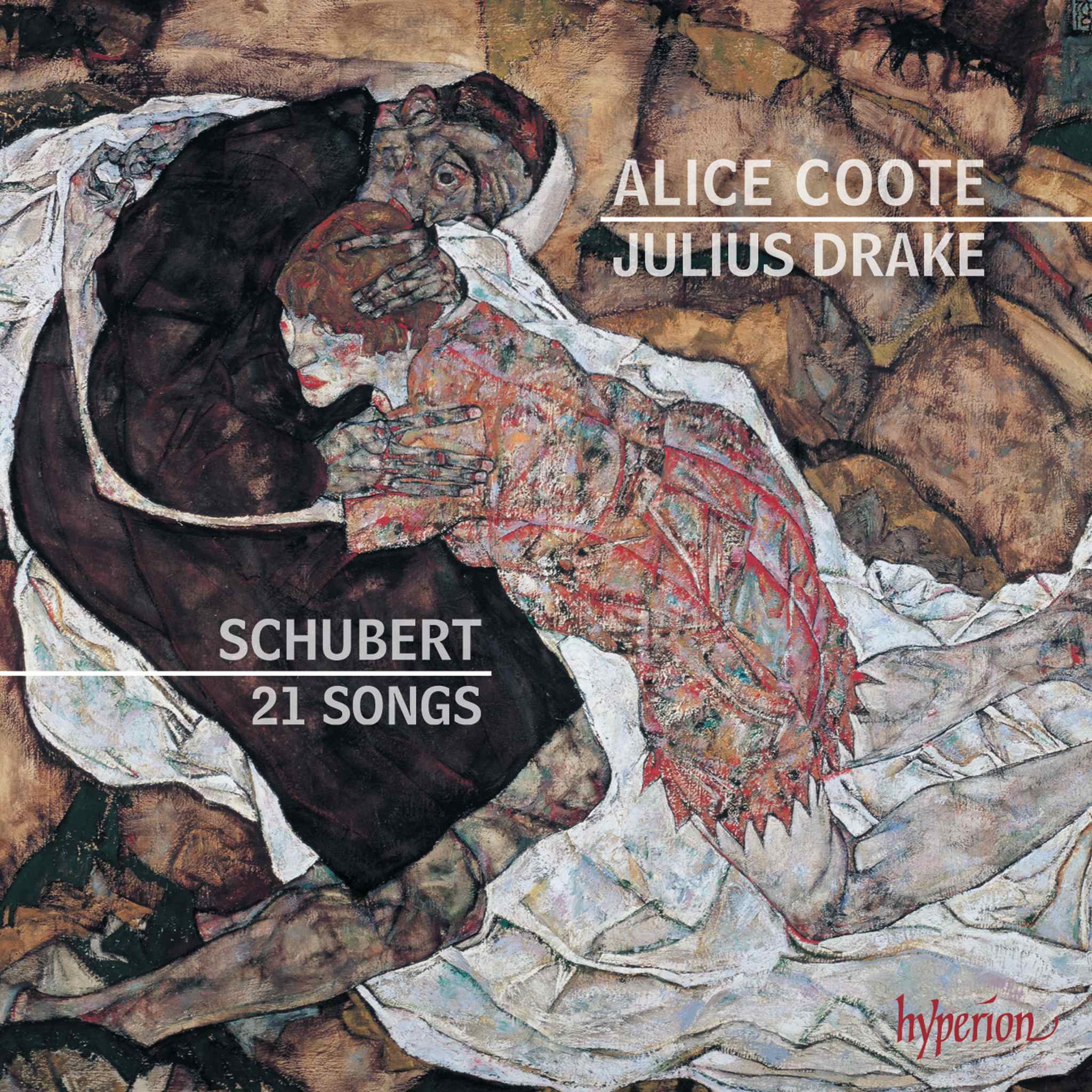Album insights
In der Vorrede zu seinem vierten Motettenbuch äußerte Palestrina, dass zahlreiche Gedichte sich ausschließlich um das Thema Liebe drehen, ein Motiv, das dem christlichen Glauben fremd sei. Er zeigte Reue für seine bisherigen Werke, bei denen er sich von Liebesdichtung habe beeinflussen lassen, und kündigte an, sich künftig wichtigeren und ernsthafteren Inhalten zu widmen. Obwohl die Motetten Libri Quinque Vocibus möglicherweise rasch publiziert wurden, betrachtete Palestrina sie keineswegs als weltliche Madrigale, sondern vielmehr als geeignet für religiöse Zusammenkünfte.
Die Motetten spiegeln eine Phase religiöser Erneuerung wider, die unter anderem durch den Einfluss von St. Philip Neri in Rom angestoßen wurde. Palestrina gehörte zu den Gründungsmitgliedern der Compagnia de I Musici di Roma, einer Vereinigung zu Ehren der heiligen Cäcilia. Mit der Widmung an Papst Gregor XIII. ehrte er nicht nur die Tradition, sondern auch den Pontifex selbst, der Palestrina förderte und sich an der Reform der liturgischen Gesangbücher beteiligte. Die Motetten eigneten sich für kleinere Vokalensembles und galten in Palestrinas Zeit als besonders reizvolle Kammermusik.
Auch wenn moderne Betrachter den allegorischen Deutungen des Hohenlieds Salomos skeptisch gegenüberstehen, muss man die Zeit der katholischen Gegenreformation berücksichtigen. In dieser Epoche verkörperte die Braut in der Allegorie nicht allein die Kirche oder die Seele, sondern stand auch für die triumphalen Siege der Jungfrau Maria. Zwar besitzen Palestrinas Motetten keinen durchgehenden erzählerischen Faden, doch sind sie Ausdruck der intensiven Begeisterung für die römisch-katholische Gegenreformation. Für seine Vertonungen griff Palestrina auf den lateinischen Text der Vulgata zurück, der sowohl seinen eigenen Glauben als auch den der Kirche widerspiegelte.













